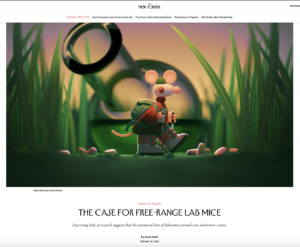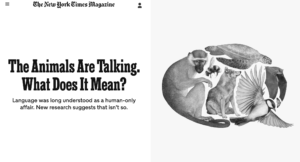Kirkus Reviews, June 1, 2010
Investigative journalist Shah (The Body Hunters: How the Drug Industry Tests Its Products on the World’s Poorest Patients, 2006, etc.) argues that the mosquito-borne parasite is in control and will remain so.
The author opens with a chapter describing recent outbreaks of malaria in relatively untouched areas, then digs deep into the past to chronicle the role Plasmodium falciparum—the most virulent malarial species—and its kin have played in human history. Warm temperatures and standing water create breeding grounds for the female Anopheles mosquito, the species able to house the parasite’s sexual forms, which are transmitted in saliva when she bites a human or animal host. Environmental and ecological factors are critical in malaria outbreaks. Shah explains how such factors, natural and manmade, have accounted for the rise and fall of empires, battles won or lost, the success or failure of human settlements. The disease only became more devastating following the Industrial Revolution, which brought deforestation and the damming of rivers to create millponds and reservoirs. As the tropics were conquered by Western powers, malaria’s devastation was inflicted unequally in colonies where white occupiers lived on high ground with proper drainage, areas off-limits to the natives below. While quinine was long recognized as malaria therapy, the cause of the disease was not established until the turn of the 20th century—that story by itself makes a fascinating chapter in medical history. Over time, other drugs appeared, as well as insecticides like DDT, once touted as the sure eradicator of malaria…until it wasn’t. Shah’s point is that global-health policymakers, including the Gates Foundation, continue to look for magic bullets to prevent or cure the disease. But there aren’t any. Bed nets and combined therapies are useful, but until the focus is shifted to building native capacity and good governance—in education, schools, roads and clinics—malaria will continue to devastate millions.
A sad, sobering account with important lessons for medical historians, anthropologists, biologists and, most of all, policymakers.
Courtesy of Kirkus Reviews













Leave a Reply